News
-
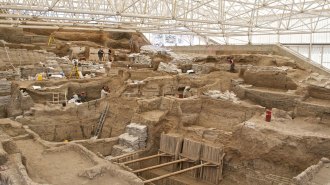 Archaeology
ArchaeologyOne of the world’s earliest farming villages housed surprisingly few people
Hundreds, not thousands, occupied the Turkish site of Çatalhöyük nearly 9,000 years ago, undermining arguments for a Neolithic social revolution.
By Bruce Bower -
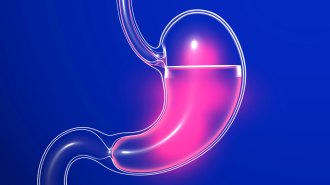 Health & Medicine
Health & MedicineBurning the stomach lining reduces the ‘hunger hormone’ and cuts weight
An experimental weight loss procedure blasts the stomach lining with heat to curb hunger and cut pounds.
By Meghan Rosen -
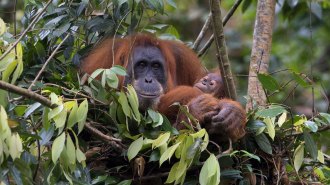 Animals
AnimalsSumatran orangutans start crafting their engineering skills as infants
By 6 months old, young orangutans are experimenting with construction materials, and by 6 years old, they are building platforms 20 meters in the air.
-
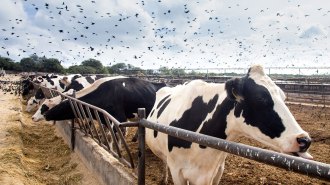 Health & Medicine
Health & MedicineGenetic analyses of the bird flu virus unveil its evolution and potential
The H5N1 outbreak in cattle is giving flashbacks to the COVID pandemic. But this time is different.
-
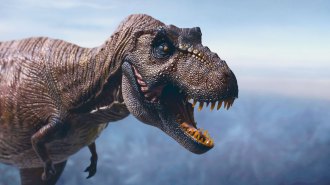 Neuroscience
NeuroscienceHow smart was T. rex?
A debate over how to count neurons in dinosaurs is raising questions about how to understand extinct animals’ behavior.
By Freda Kreier -
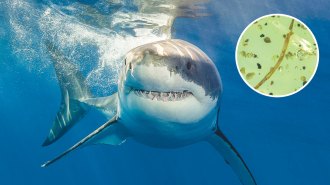 Paleontology
PaleontologyHow did an ancient shark parasite end up fossilized in tree resin?
A worm preserved in 99-million-year-old amber resembles modern flatworms in shark intestines. The rare finding has scientists stumped.
-
 Artificial Intelligence
Artificial IntelligenceShould we use AI to resurrect digital ‘ghosts’ of the dead?
Technology that creates deepfake bots of dead loved ones may need safeguards, experts warn.
-
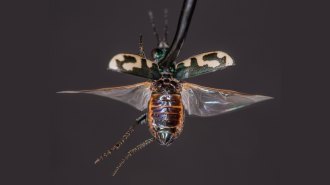 Animals
AnimalsTiger beetles may weaponize ultrasound against bats
In response to recordings of echolocating bats, tiger beetles emit noises that mimic toxic moths that bats avoid.
By Jake Buehler -
 Health & Medicine
Health & MedicineExtreme heat will put millions more older adults at risk in the future
By 2050, as many as an additional 246 million adults 69 and older could experience temperature extremes that exceed 37.5° Celsius.
-
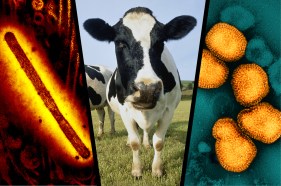 Health & Medicine
Health & MedicineCows might host both human and bird flus
Both kinds of influenza viruses may break into cattle cells using receptors similar to those in people, wild birds and poultry.
-
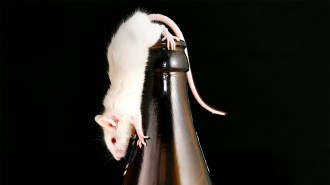 Health & Medicine
Health & MedicineA new gel stops mice from getting too drunk
The iron-milk substance can break down alcohol fast and protect against liver damage in mice. Scientists hope to test the gel in people next.
-
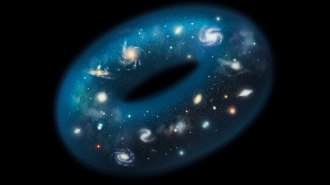 Cosmology
CosmologyThe universe may have a complex geometry — like a doughnut
Physicists haven’t yet ruled out the possibility that the universe has a complicated topology in which space loops back around on itself.